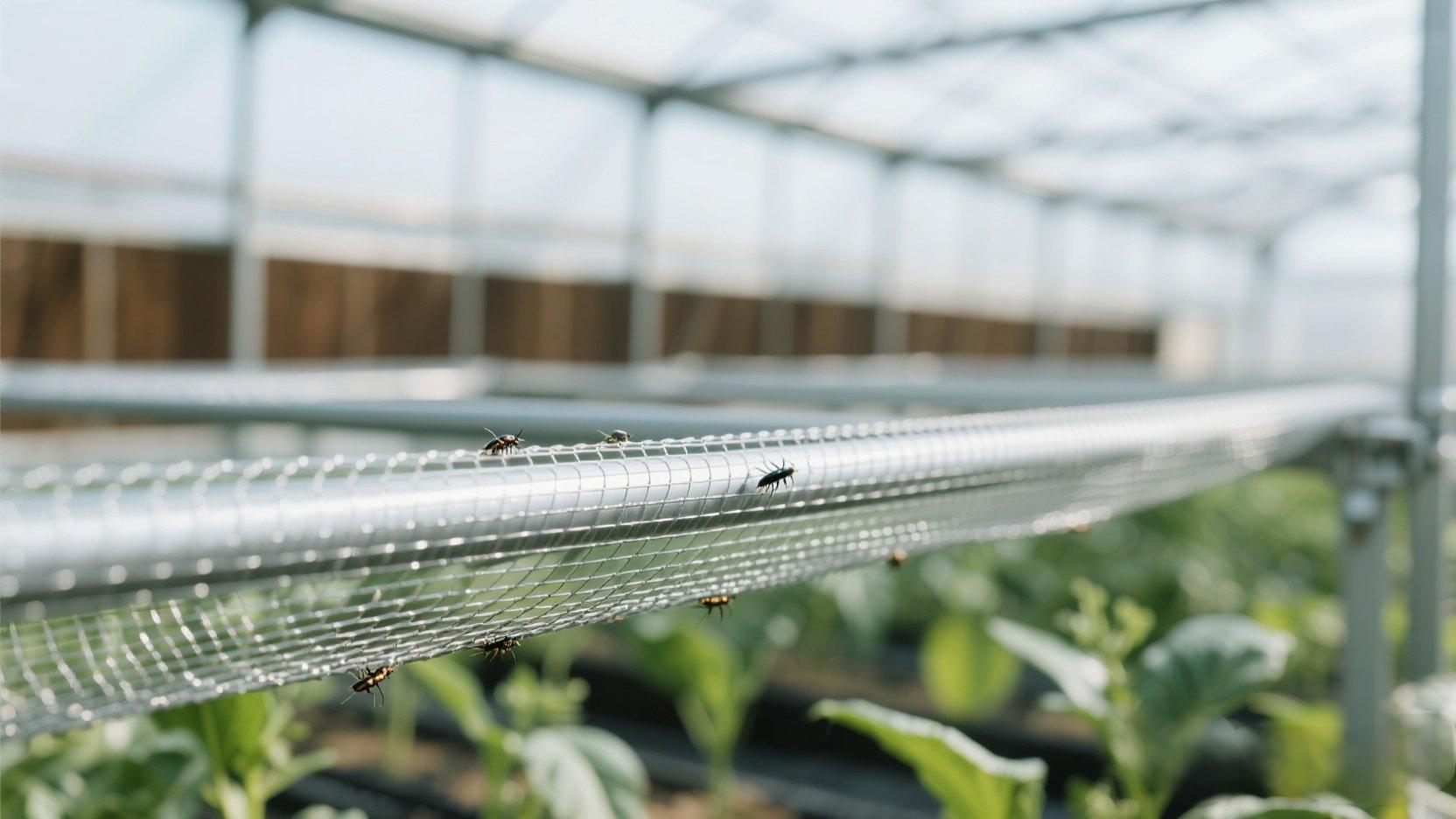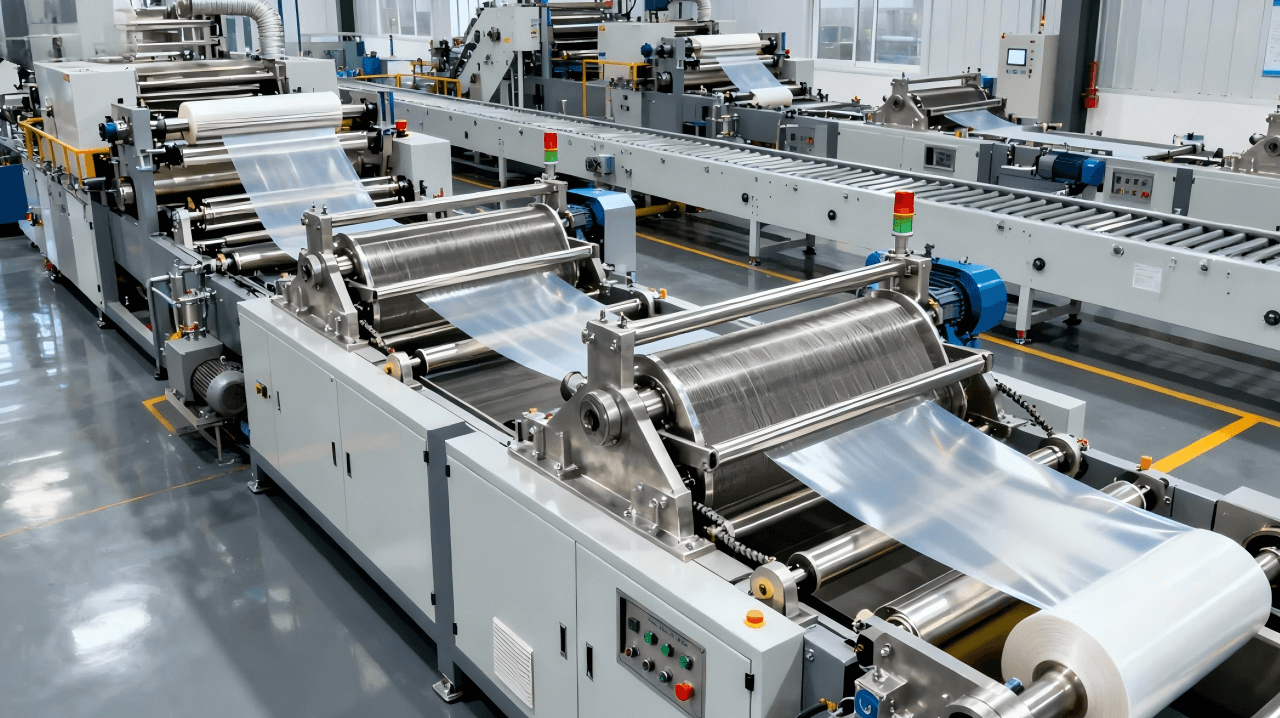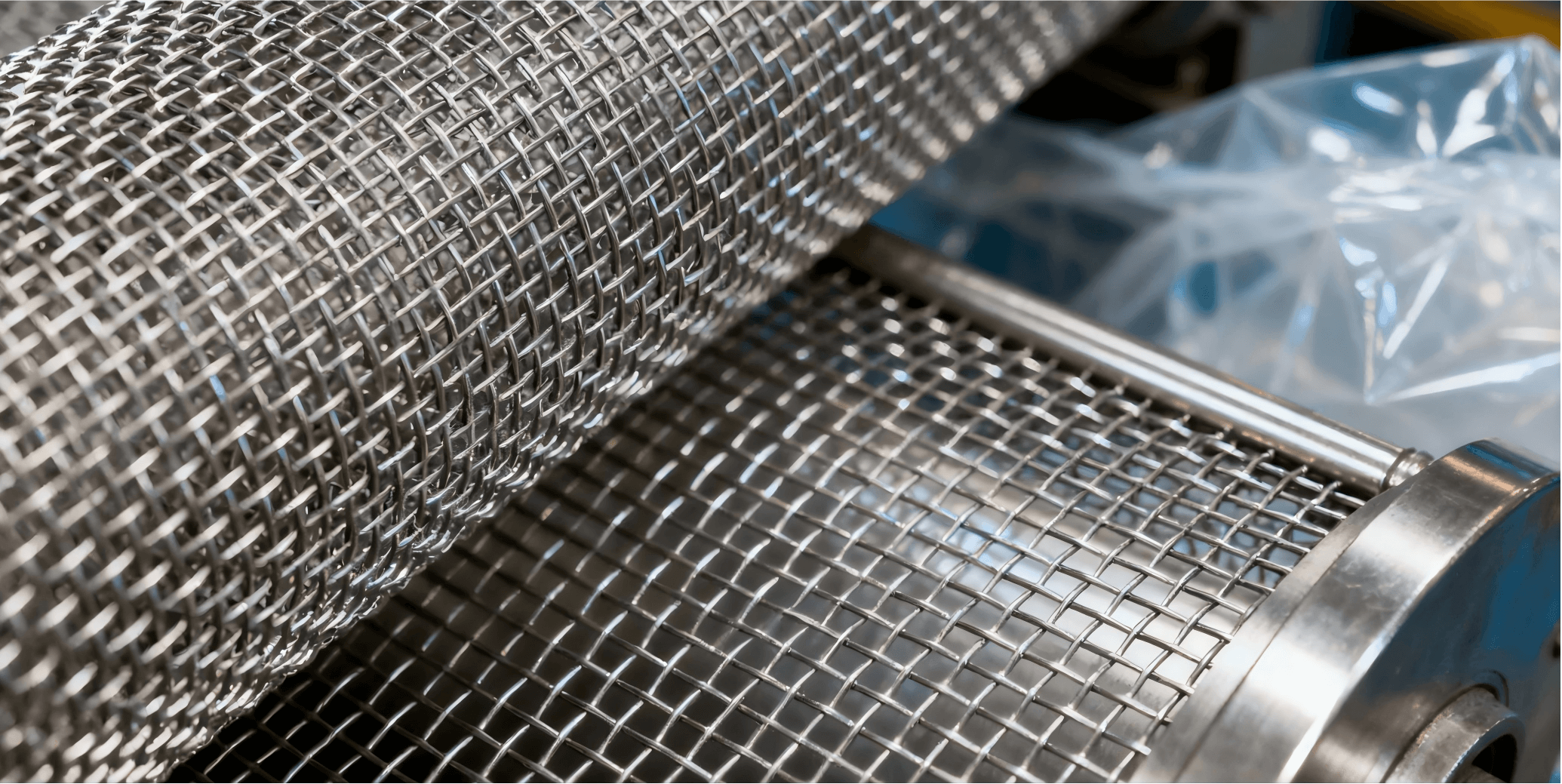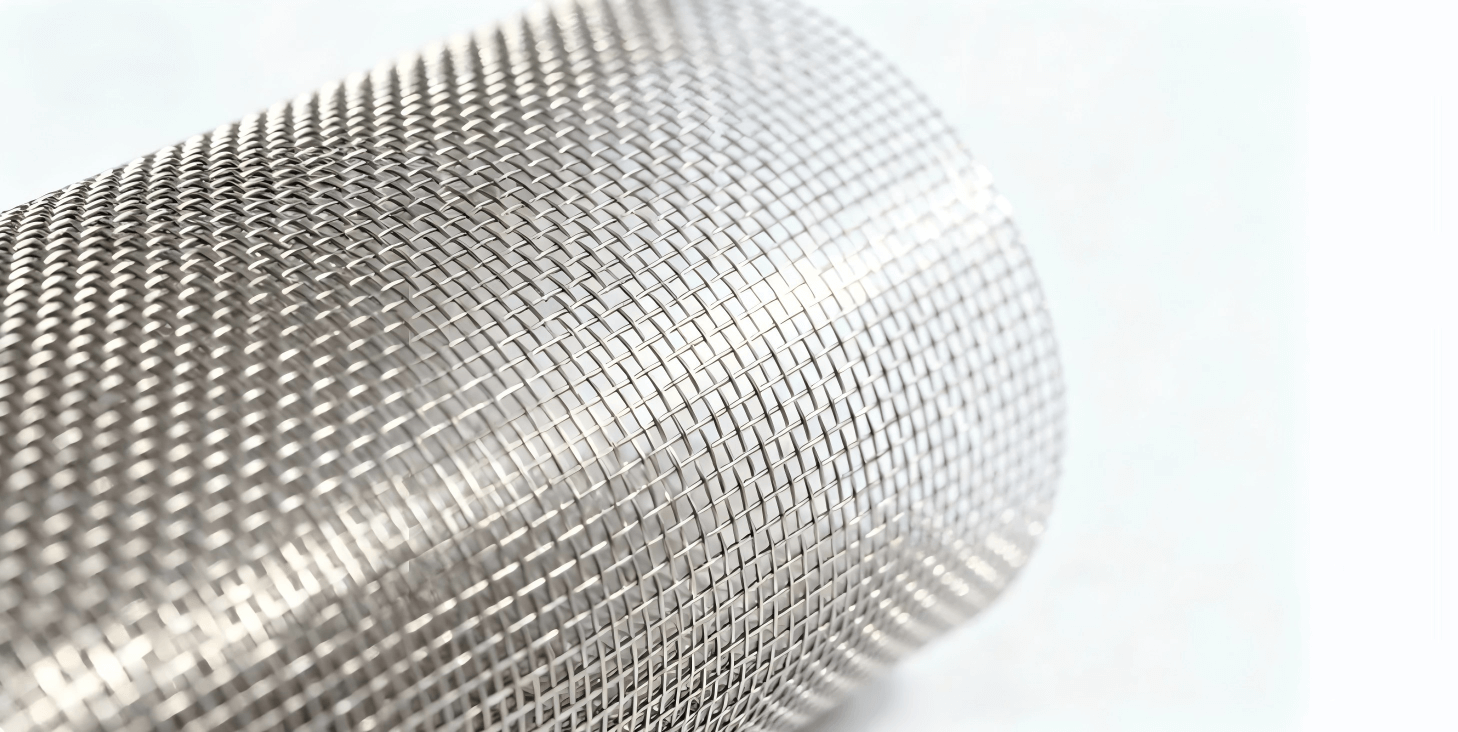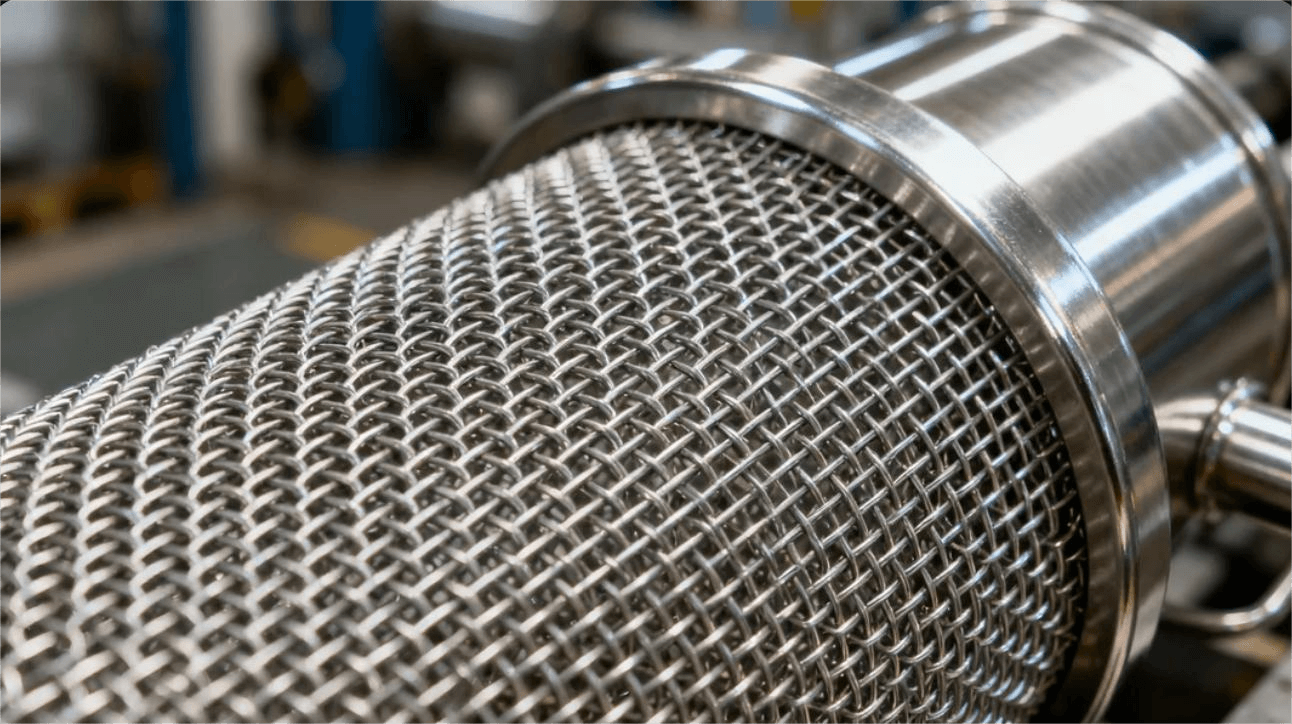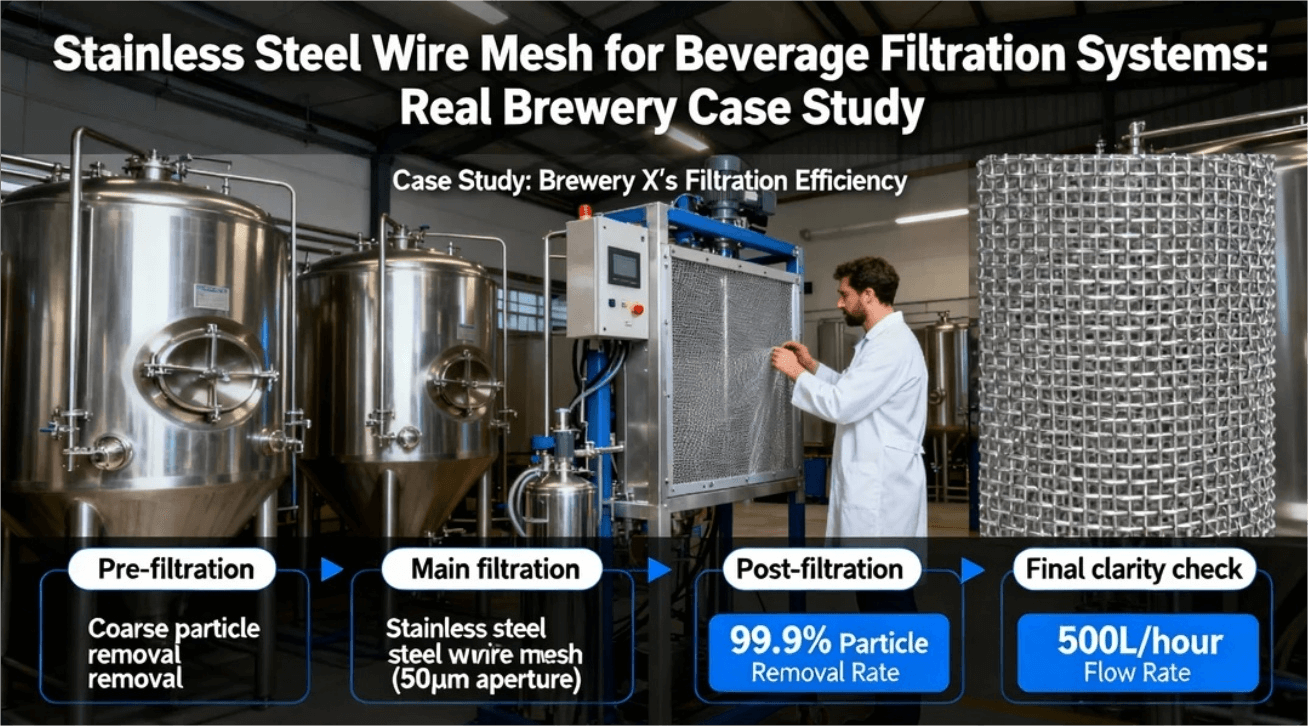Pest management is a key concern for greenhouse operators, especially in organic farming or sensitive crop production. Unlike chemical sprays, stainless steel mesh for greenhouse pest control offers a long-lasting, non-toxic solution that doesn’t compromise ventilation or light. This blog explains why it’s one of the best investments for modern greenhouse protection.
Why Pest Control is Crucial in Greenhouse Environments
Common Pests in Greenhouses
Greenhouses attract a variety of pests—whiteflies, aphids, beetles, and even rodents. These invaders threaten plant health and can rapidly multiply in enclosed environments.
Risks of Infestation to Crops and Structure
Beyond reducing yield, pests introduce disease, contaminate produce, and damage the structure. Physical barriers like mesh can stop this at the source—before infestations begin.
Benefits of Using Stainless Steel Mesh in Greenhouses
Durability Against Harsh Weather and UV
Stainless steel mesh doesn’t degrade under sunlight or humidity—making it ideal for year-round pest protection in outdoor structures.
Corrosion Resistance and Long-Term Savings
Unlike plastic or fiberglass mesh, stainless steel won’t rot, warp, or need frequent replacement. This makes it a cost-effective solution over the long term.
Airflow and Light Penetration Maintenance
Fine stainless steel mesh maintains excellent air circulation and light diffusion, ensuring optimal conditions for plant growth while keeping insects out.
Practical Applications in Pest Management
Side Ventilation Screens
Install stainless mesh on side vents to allow airflow while stopping small flying insects such as thrips and whiteflies.
Roof and Gutter Mesh Protection
Prevent nesting birds, rodents, and large insects from entering through roof vents or collecting near gutters.
Entry Point Barriers (Doors and Louvers)
Secure door frames and louvered vents with fine mesh to seal common entry points without sealing off the environment.
How to Choose the Right Stainless Steel Mesh for Your Greenhouse
Mesh Size for Insect Type
For small pests like thrips, choose mesh sizes of 50 mesh or finer. For general use, 30–40 mesh is sufficient to block aphids, whiteflies, and beetles.
Installation Tips for Maximum Effectiveness
Ensure mesh is tightly fitted with no gaps around edges. Use stainless steel fasteners to prevent rust and mesh loosening.
Maintenance and Cleaning Recommendations
Clean mesh regularly with water to remove dust or insect remains. Check for tears and corrosion once per season to maintain performance.
Conclusion
Stainless steel mesh is a smart, sustainable solution for greenhouse pest control. Its durability, resistance to corrosion, and ability to maintain ideal growing conditions make it superior to plastic alternatives. If you’re ready to upgrade your greenhouse protection system, get in touch with our mesh specialists today.

